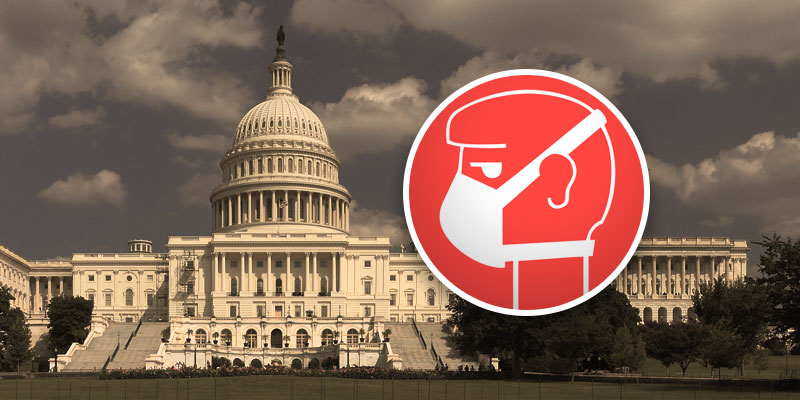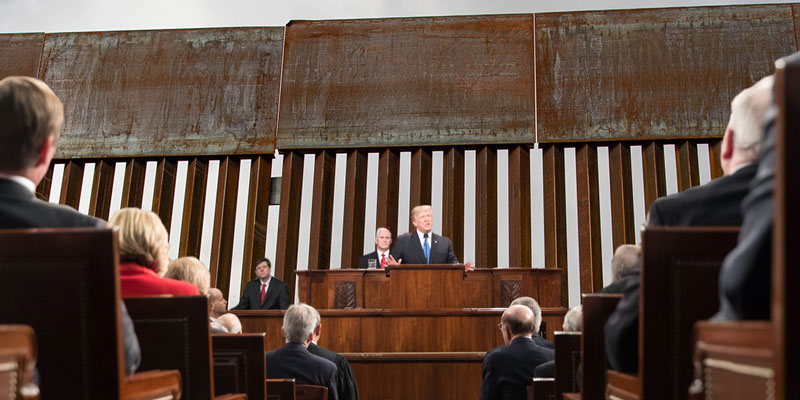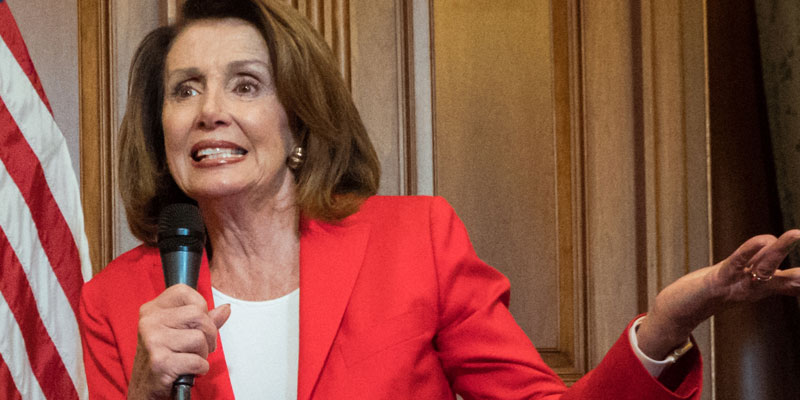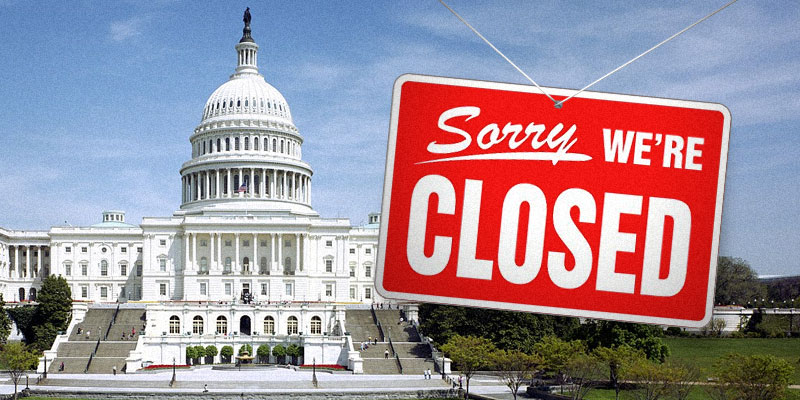Concerning Paul Ryan’s decision to leave Congress, I am more troubled by its implications for entitlement reform than the impact it may have on the GOP agenda or the November elections.
The Wall Street Journal’s editorial page said, “Ryan will leave Congress in January with no substantial progress on (reforming Social Security, Medicare and Medicaid), few lawmakers interested in picking up the torch, and a clear signal that prospects are dim for any big overhaul in the foreseeable future.”
Entitlement reform is not only the least sexy of all proposed legislation; it is the kiss of death for any would-be Republican reformer, because Republicans are already depicted by leftist demagogues as reverse Robin Hoods and curbing federal benefits for the poor and elderly would just “confirm” the slander.
It is tragic that we haven’t the maturity to responsibly discuss amending these programs to prevent the inevitable national bankruptcy they guarantee in the absence of reform. Republicans are culpable on this, to be sure, but it’s nothing compared with Democrats, who would rather demagogue than breathe.
I have been concerned about these runaway federal programs for decades but became especially interested during the Barack Obama years, when Ryan gained national prominence for making them a national issue — for a while.
This was Ryan at his best — a policy wonk, meticulously crunching the numbers, preparing the position papers explaining their implications and presenting them to Congress and the public in intelligible language. I was encouraged when Mitt Romney chose Ryan as his running mate, because I saw Ryan’s potential position as increasing the chances that the country would finally tackle the problem.
Though the details of the math might put some to sleep and experts might disagree on the timetable for our economic destruction, it is indisputable that unless we legislatively reform the programs, the country will swallow itself in debt. Any solution involves some pain, but the longer we delay the greater the pain will be and the more difficult reform will become politically.
Part of the problem is that many have been crying wolf for decades over the looming dangers of federal deficits and the accumulated federal debt. As no catastrophe has ever materialized, it’s no wonder the public has been lulled into complacency and disregards the predictions of doom.
It is human nature to focus more on immediate problems than on long-term ones, and Washington’s ever increasing demands on the public through onerous taxes and unending regulatory control keep us plenty busy. Endless partisan warfare also militates against soberly addressing this issue.
Some criticize Ryan for dropping the ball on entitlement reform after spending years convincing us that we ignore this issue at our own national peril.
But let’s be realistic here. Does anyone think that in this politically hostile, hate-Trump atmosphere fomented by the media and the Democratic Party — with the distractions they spawn over the Russia-collusion myth — Ryan would have had a snowball’s chance in Hades of getting to first base on any entitlement reform proposal?
Does that mean Ryan or other Republicans should abandon reform? No. But when you are under relentless fire, you’d better fire back right then, or you won’t be around to fight another day.
And it’s not just Democratic demagoguery and the unpopularity of reforms that stand in the way of action but also the tyranny of the urgent. Ryan didn’t choose the speakership. He even resisted the position. But he eventually relented. It soon became clear that the mood of the country was to work on Trump’s agenda, and that did not include entitlement reform. Ryan can be fairly criticized perhaps, along with many others, for the GOP failure on repealing and replacing Obamacare, but if he had dreams of addressing long-term entitlement reform in the short run as speaker under Trump, they would have been just that — dreams.
The hard, cold fact is that we do have more pressing problems than entitlement reform, and we always will — until we finally bankrupt ourselves. But the political climate has made current attention to such reform almost impossible.
Every year, entitlements will gobble up an increasing percentage of the federal budget, so that in the near future, even draconian cuts in discretionary spending will not put a dent in the federal deficit.
People often lament that democracy contains a poison pill that guarantees its own demise, in that the voting public will vote itself money from the public trough and commit suicide by greed. (Yes, we have a constitutional republic, but our representatives are democratically elected.)
This poison has infected our system in multiple ways — with the redistribution of income, certain people abusing federal power to control others, and the possible bankruptcy of future generations at the behest of irresponsible present generations.
I have no illusions that we’re going to make appreciable headway in the near term or that Democrats will ever approach this problem in good faith to allow us to achieve reform by consensus. But because the budgetary doomsday clock is ticking, we don’t have the luxury of forever shelving it.
As such, I am just going to be Pollyannaish for a change and humbly propose and pray that after Paul Ryan returns to his family and rejoins the private sector, he carves out time from his new position, whatever it is, to use his expertise and passion on entitlements to crusade for reform and keep that torch burning before it is too late for anything other than extreme reform. If you say that that reform is impossible, then you are necessarily saying the country is headed for destruction — sooner than we imagine. Are you willing to live with that?
David Limbaugh is a writer, author and attorney.
(Creators, copyright 2018)













